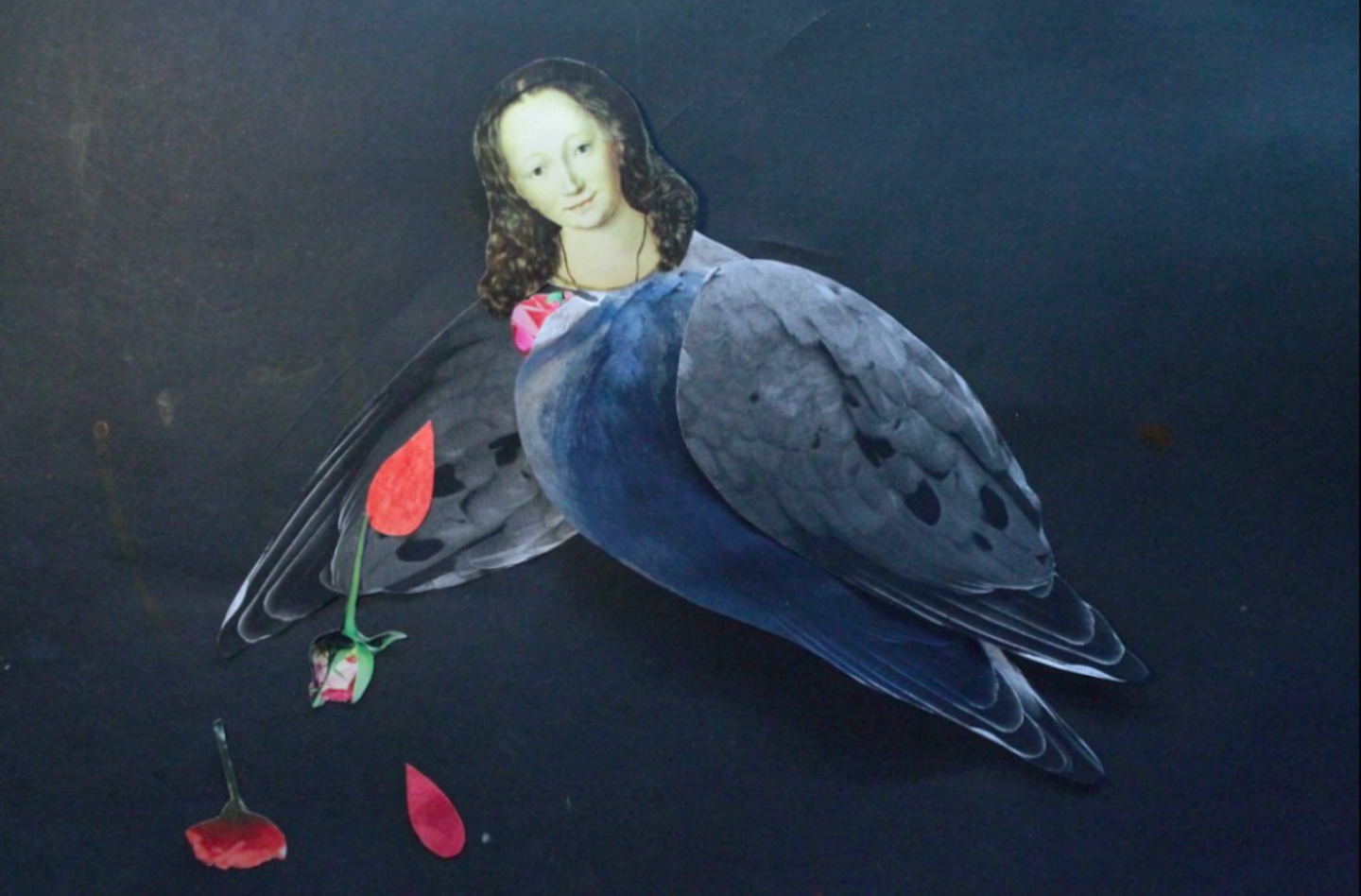[columns]
Convened by
Oleksiy Radynski
With films by Yuriy Hrytsyna; Andriy Rachinskiy and Daniil Revkovskiy; Forensic Architecture; Yelizaveta Smith and Georg Genoux; Dana Kavelina; Oleksandr Steshenko, Kateryna Libkind, Pavlo Yurov, Roman Himey and Yarema Malaschuk; and interviews with the filmmakers by Oleksiy Radynski, Oleksiy Kuchansky, and Kateryna Libkind
These days, the world is equal in confusion. What will tomorrow be like? Are we going to have jobs? Are we going to be uprooted? Are we going to be alive at all? These questions have become a new norm all over the globe. Still, they are nothing new for many of us—those of us who in Spring 2020 were already inhabiting the vast parts of the globe ravaged by wars. So, as authoritarian rulers everywhere are declaring the first-ever war on a non-human entity, some of us humans, having lived through a real war, are more equal in this confusion than others.
Filmmaking has always been linked to making war. Modern technologies of perception are often deployed on the battlefield before they are adopted by film industries worldwide (a process described by Paul Virilio in War and Cinema (1989), a book whose title this program borrows). Current wars weaponize the image itself—its ability to mobilize and manipulate—and deceit is amplified to unimaginable proportions in the online realm. At the same time, film movements and “new waves” constantly emerge in countries or regions marked by wars. Filmmakers are suddenly showered with dramatic stories to be turned into films with varying levels of cynicism, while dirty money raised at war is laundered by investing it into the arts (with the film industry providing one of the most convenient havens for this).
This film program traces various cinematic engagements with the war raging in the Eastern margins of the European continent for over six years now—a war that was sparked by the military occupation of Crimea by the Russian military in Spring 2014, and that subsequently consumed large swaths of the Donbass region in Eastern Ukraine. The program does not represent the fruits of the alleged “boom” in Ukrainian filmmaking that was observed, predictably, with the outbreak of war. Rather, it looks at the margins of image production in wartime.
Some of the films included in this program question social media as an apparatus implicated in the production of strife, polarization, and violence. Some focus on class warfare as a concealed backdrop of war between nations, or use open-source intelligence to expose the perpetrators of colonial war crimes taking place in Eastern Europe these days. Others deploy storytelling as a therapeutic practice, that struggles to heal the trauma of war via means that range from documentary theater to surreal animation. One of the films, published as a postscript to this program, is explicitly unrelated to the subject of military hostilities. Rather, it represents the disciplinary society of ‘“normal humans”—a fully able, mentally stable society with the nuclear family at its core—as a bizarre war of all against all.
Three of the films in this program will have their online premieres at e-flux Video and Film, while three of them have been, since their creation, freely circulating online. This was their natural habitat long before the current boom of online availability of artist films and videos. Both types of films are included in this program alongside each other to celebrate the ongoing liberation of film distribution practices, when exclusive content needs to catch up with the works made to be freely available. This program also strives to enable conversations between the films that do not necessarily belong to the same cinematic worlds—even if their country of origin remains the same. Throughout the duration of the program, more information on the films, their makers, and contexts will be published on the program convener's telegram channel.
War and Cinema is a program convened by Oleksiy Radynski as part of Artist Cinemas, a long-term, online series of film programs curated by artists for e-flux Video & Film. War and Cinema will run for six weeks from June 17 through July 29, 2020, screening a new film each week accompanied by an interview with the filmmaker.





